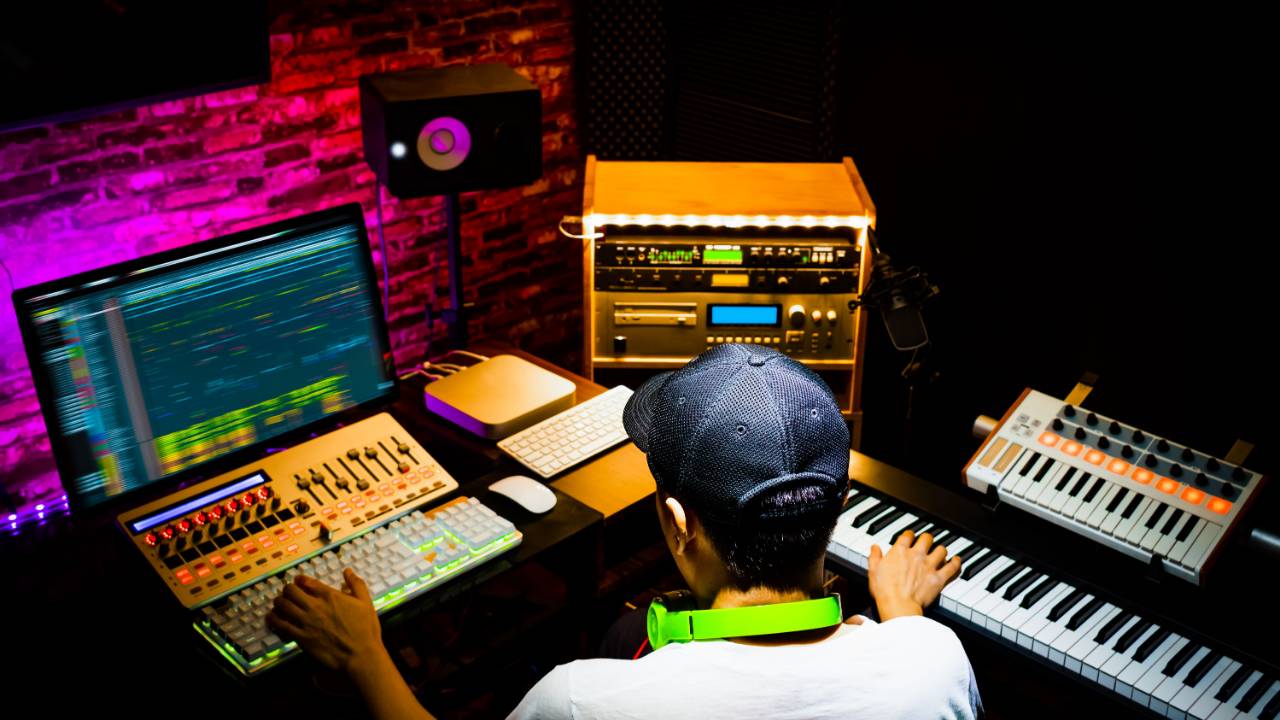
[Press PLAY above to listen to this post in podcast format]
5 minute read.
Chu’s Treehouse - Q+A (August 15, 2022)
Here’s an amazing question posted by Kharee, a Treehouse member. Song remixing is a topic that I think could help a lot of producers if they use it properly, so I wanted to repost my answer to the DOPE Blog.
You can join us here in the Treehouse to have your questions answered, beats reviewed, and receive constantly updated trap tutorials (Please email [email protected] if you’ve signed up and haven’t gotten your login information).
Commenter: Kharee S
Q:
Hey Chu, two questions for you:
I use acapellas sometimes to get an idea of the flow for a beat. I’ve thought about posting beats with an acapella on YouTube as a sort of remix/marketing tactic for the beat itself. What are your thoughts on this? Is there a weird legal area there?
How do you create visuals for beats? I want to start posting to YouTube as well and felt there should be something to visually accompany the music.
A:
Two brilliant questions.
First, the first pertaining to using a cappella performances to sell beats (btw, I just found out ‘acapella’ is TWO WORDS, which is why I’ve never been able to spell it correctly 😂).
This is a totally ethical strategy, and a smart one at that.
First, let me explain why it’s ethical. Second, I’ll talk about why it’s a good idea. Third, I’ll give you some good examples of this exact thing being done by producers already.
1 - Remixing is an ethical way to sell beats
It’s ethical because remixing is virtuous as long as you don’t profit from the actual song or claim it as your own.
So, it would be unethical if you tried to pass the remixed song off as your own work without crediting the original artist(s) and producer(s). It would also technically be wrong for you to make any streaming revenue from these remixed pieces, though there are some scenarios where it’d be totally fine (for what we’re talking about, let’s just say you shouldn’t do that though).
But, posting the remix and then linking the instrumental is 100% fine. It’s of no consequence to anyone if an artist hears the beat you made and wants to use it.
2 - Remixing is a genius play for producers
This is a good idea because it lets you play the SEO game on a much better, more fair playing field. Instead of only ranking for artist and producer names, now you can rank for song name as well. This is powerful just because of how the Google algorithm works (I’m assuming you’ll be posting on YouTube [Google’s video analog], which would be your best play).
Executing this well with good beats, nice mixes and doing so consistently could easily lead to you building a following and establishing yourself in a niche (or creating your own).
3 - Many producers have built theirs brands with remixes
I’ve seen this work for MANY producers. Two that I’d like to point out are L. Dre and Forgotten.
L. Dre basically built his brand from this strategy.
While I don’t see him selling the instrumentals explicitly, I know there are a few instances in which brands hit him up for the instrumental that he used in a remix. This led to many closed deals and a lot of money for him. He also built a fantastic following this way.
Most important, he uses this strategy explicitly to build his brand, showing that there’s no shame in remixing as a strategy as long as you do so with integrity.
The next example is Forgotten.
This is a good instance of the explicit use of remixes to sell instrumentals.
He used to be more of a ‘type beat’ guy back in the day, but he really started blowing up with the remixes, so he ended up sticking mainly with that.
He’s really up front about pushing the instrumentals too. He puts the link in the first line of the description with very clear calls to action. Again, this is a sign that there’s no shame in this strategy as long as it is done with honor.
As a bonus, here’s a case where I did this as well.
I ended up selling the beat exclusively, which is why the instrumental is no longer linked. But again, another instance where this strategy works out really well for the producer.
Beat visuals?
To answer your second question, I sincerely don’t believe you should waste any time making visuals. It’s a much better strategy to just use static images.
The only case that I could make for creating visuals is if you can add your own creative flare to the static images of artists (see the L. Dre remix example). But the main point of the visual is going to be the artist image, because this drives A LOT of the SEO. You want to take advantage of SEO, because you want as many things as possible to be in your favor.
I hope this helped. I will also touch on these questions during the Q+A video this coming Monday in the Treehouse, because I believe these are really important things to cover.
Blessings, Kharee.
Get Sound Kits 👇







